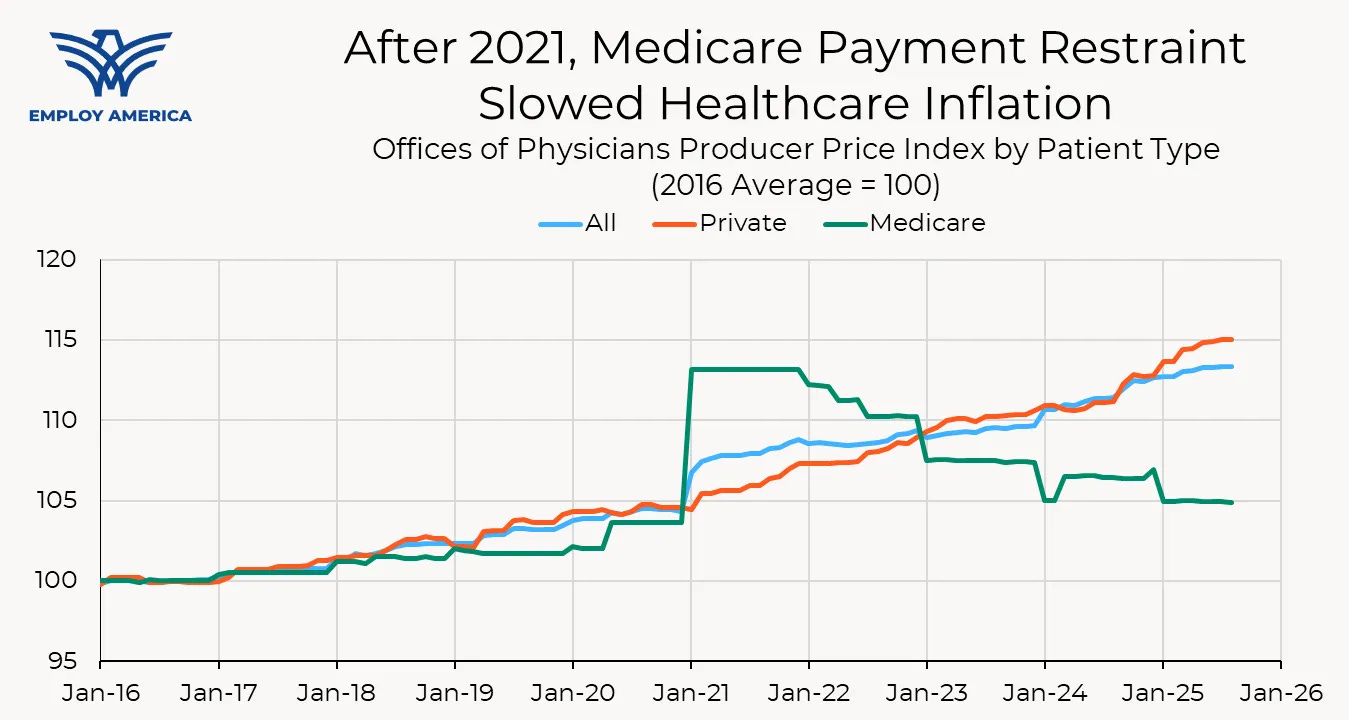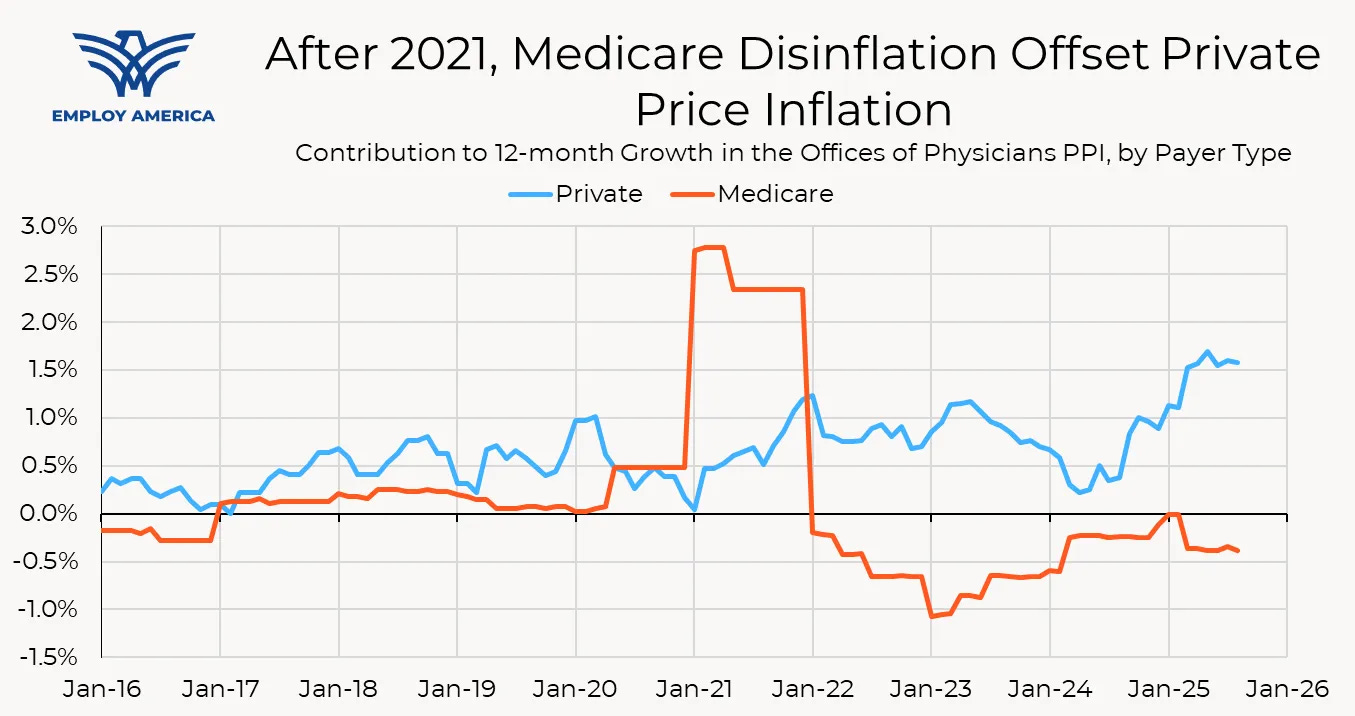'Someone else pay for my healthcare' is probably the worst idea ever
And other thoughts on the coming wave of healthcare GDP, and the bad stuff that happens when we don't pay for things
the little secret that’s made healthcare price inflation seem lower than it is
prices are rising, but no one knows it (and most never will)
do higher-income people pay 3x more on healthcare? depends on who’s paying
‘never go full france’ and the no-good, very-bad habit of living large on the future’s dime
👉👉👉Reminder to sign up for the Weekly Recap only, if daily emails is too much. Find me on twitter, for more fun. 👋👋👋Random Walk has been piloting some other initiatives and now would like to hear from broader universe of you:
(1) 🛎️ Schedule a time to chat with me. I want to know what would be valuable to you.
(2) 💡 Find out more about Random Walk Idea Dinners. High-Signal Serendipity.‘Someone else pay for my healthcare’ is probably the worst idea ever
Random Walk thinks that:
healthcare costs are increasing, and healthcare spending (has been and) is going to be an increasingly large share of “growth”;
in the nearer-term, a lot of those costs have been born by large insurers, but they will soon be passed through to consumers, in the form of premium hikes (yay, managed care!);
the other big bearer of costs is, of course, Uncle Sam, who pays for healthcare with an increasing pile of debt that it cannot afford (and by doing so, enables massive amounts of consumption that consumers could not afford, if they had to pay for their own healthcare)
In general, this daisy-chain of ‘someone else pay for my healthcare’ has made healthcare much more expensive, and we’d be much better off if we just tried to pay for it ourselves, but we’re so far down this path, that it’s unclear how we get out (other than the one silver bullet).1
With that context in place, consider the following.
Healthcare costs are rising (we just don’t know it yet)
There’s reason to think that healthcare inflation has been lower than it might have been, and that it might accelerate more than people are expecting.
Private healthcare costs have gone up, while Medicare costs have stayed relatively flat:
After an initial spike, Medicare is only ~2.5 percentage points more expensive than it was before the pandemic, in contrast to private healthcare, which is ~10 pp more.
Net-net, the increase in private healthcare prices has been offset by the decrease in public healthcare prices:
Medicare has been steadily disinflationary since January 2022, again, in contrast to Private prices, which have accelerated substantially of-late.
Why did this happen? Did Medicare providers get more productive? No, not really:





